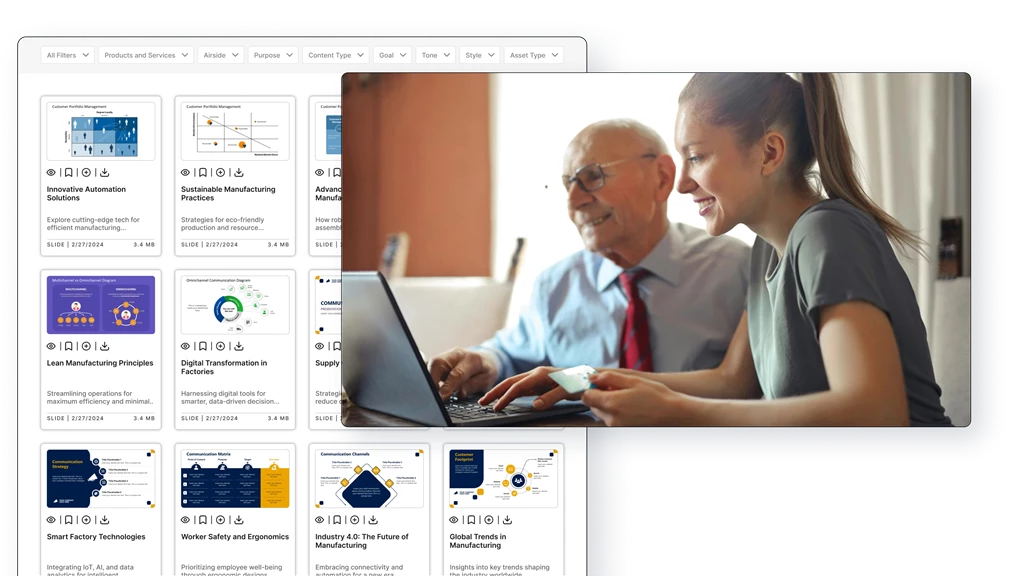What Is Business Software?
Business software refers to a broad category of applications and tools designed to manage, automate, and optimize various business processes. These systems are often tailored to meet the specific needs of a particular industry or department, such as finance, human resources, supply chain management, or customer relationship management (CRM). Business software is typically used by organizations to improve operational efficiency, reduce costs, enhance decision-making, and support business growth.
Key Features of Business Software:
- Process Automation: Business software often includes features that automate routine tasks, such as payroll processing, inventory management, and order fulfillment, freeing up time for more strategic activities.
- Data Management: These systems are designed to handle large volumes of data, providing tools for data entry, storage, analysis, and reporting. This helps businesses make data-driven decisions and maintain accurate records.
- Integration: Business software often integrates with other systems within the organization, such as accounting software, CRM platforms, or ERP (Enterprise Resource Planning) systems, to provide a unified view of operations.
- Customization: Many business software solutions offer customization options to fit the unique needs of an organization, allowing businesses to tailor the software to their specific workflows and processes.
- Scalability: Business software is designed to scale with the organization, supporting growth and expansion by handling increased data, users, and transactions.
Examples of Business Software:
- Enterprise Resource Planning (ERP) Systems: These comprehensive platforms integrate various business processes, such as finance, supply chain, and human resources, into a single system.
- Customer Relationship Management (CRM) Software: Tools like Salesforce or HubSpot help businesses manage customer interactions, track sales leads, and analyze customer data.
- Human Resources Management Systems (HRMS): Software like Workday or BambooHR helps manage employee data, payroll, benefits, and compliance.
What Is Productivity Software?
Productivity software is a category of tools designed to help individuals and teams perform everyday tasks more efficiently. These applications are generally used to create, edit, and manage documents, communicate, organize tasks, and collaborate on projects. Unlike business software, which is often industry-specific, productivity software is typically more general-purpose and can be used across various industries and roles.
Key Features of Productivity Software:
- Document Creation and Editing: Productivity software often includes word processors, spreadsheets, and presentation tools that enable users to create and edit documents, analyze data, and develop presentations.
- Communication and Collaboration: These tools facilitate communication and collaboration among team members, enabling file sharing, real-time editing, and project management.
- Task and Time Management: Productivity software often includes features for managing tasks, deadlines, and schedules, helping users stay organized and meet their goals.
- Ease of Use: Productivity software is generally designed with user-friendly interfaces and intuitive features, making it accessible to a wide range of users without the need for extensive training.
- Portability: Many productivity tools are cloud-based or have mobile versions, allowing users to access their work from anywhere and on any device.
Examples of Productivity Software:
- Microsoft Office Suite: Includes tools like Word, Excel, PowerPoint, and Outlook for document creation, data analysis, presentations, and email management.
- Google Workspace: A cloud-based suite that includes Google Docs, Sheets, Slides, and Gmail, along with collaboration tools like Google Meet and Google Drive.
- Trello or Asana: Project management tools that help teams organize tasks, set deadlines, and track progress.
Key Differences Between Business Software and Productivity Software
While both business software and productivity software are essential for organizations, they differ in several key ways:
- Purpose and Scope:
- Business Software: Focuses on automating and managing complex business processes across the organization, often tailored to specific departments or industries.
- Productivity Software: Designed to enhance individual or team efficiency in performing everyday tasks, such as writing documents, managing emails, or organizing projects.
- Complexity and Customization:
- Business Software: Tends to be more complex and customizable, allowing organizations to tailor the software to their specific needs and workflows.
- Productivity Software: Generally more straightforward and easier to use, with less need for customization.
- Integration and Scalability:
- Business Software: Often integrates with other enterprise systems and is designed to scale with the organization, supporting growth and expansion.
- Productivity Software: While some productivity tools offer integration with other applications, they are typically standalone solutions and are not designed to scale in the same way as business software.
- Target Users:
- Business Software: Primarily used by departments or entire organizations to manage specific business functions, such as finance, HR, or supply chain management.
- Productivity Software: Used by individuals or teams across various roles and industries to perform everyday tasks more efficiently.
- Cost and Implementation:
- Business Software: Typically requires a more significant investment in terms of cost, time, and resources for implementation, training, and ongoing maintenance.
- Productivity Software: Often more affordable and quicker to deploy, with many tools available as subscription-based services or free versions.
When to Use Business Software vs. Productivity Software
When to Use Business Software:
- When you need to manage and automate complex business processes across departments or the entire organization.
- When your business requires specialized tools that can integrate with other enterprise systems, such as ERP or CRM platforms.
- When scalability and customization are important to support business growth and unique workflows.
When to Use Productivity Software:
- When you need tools to help individuals or teams perform everyday tasks more efficiently, such as writing documents, analyzing data, or managing projects.
- When collaboration and communication are essential, and you need tools that facilitate file sharing, real-time editing, and task management.
- When you’re looking for easy-to-use, accessible tools that can be quickly implemented without extensive training.



